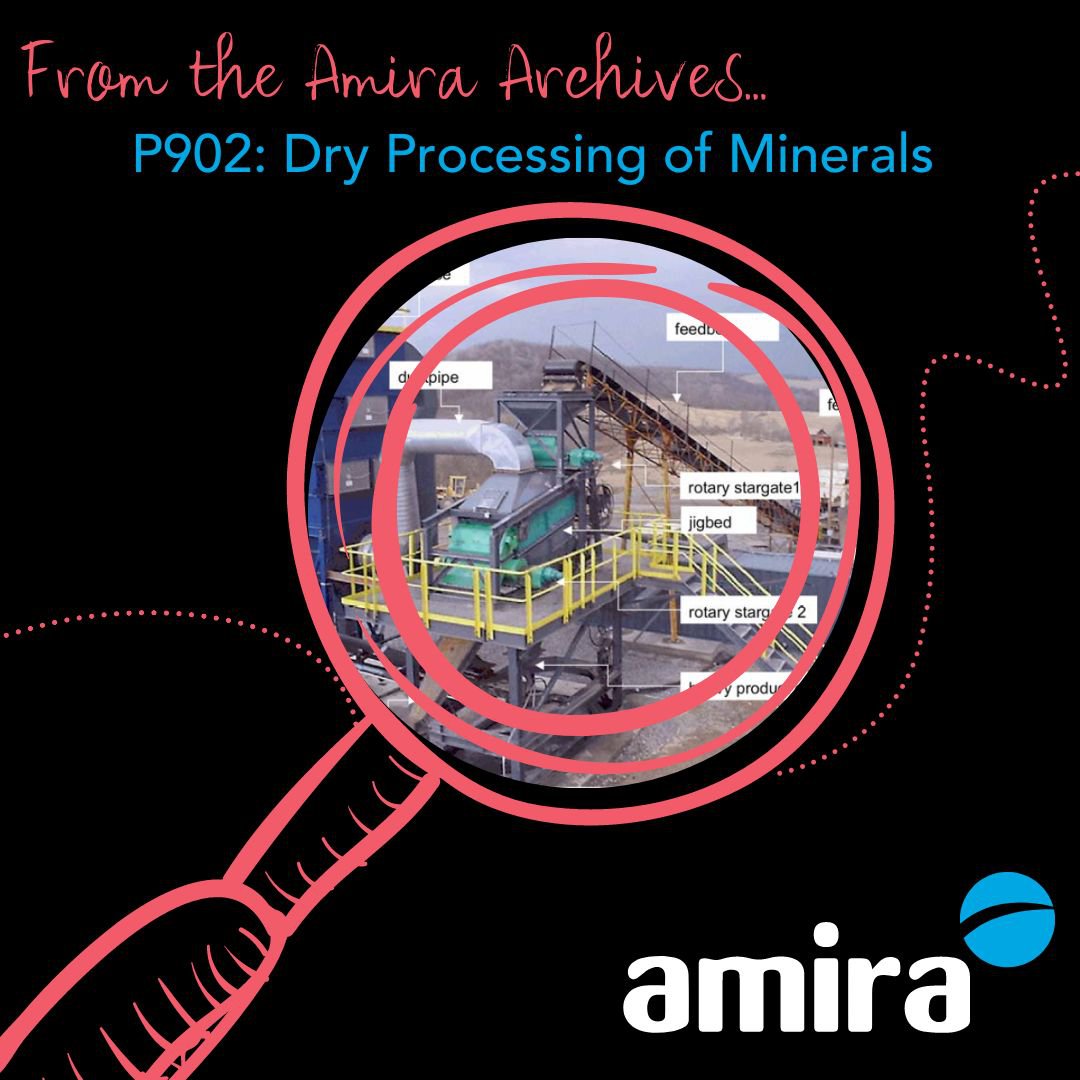Water – An Exhaustible Resource
In 2005, Amira’s P902 project reported:
“Mines are substantial water users, mostly in the plant, but water can no longer be considered the ‘free’ and inexhaustible resource that minerals engineers have been able to rely on in the past. Many ore deposits exist in arid areas, and others are worked in areas in which there is severe competition for water from agriculture, other industries, and local populations. Water supplies for mining will be increasingly compromised in the future, reducing availability and increasing cost. There is also a need to meet more demanding regulatory standards in the quality of the process water that is disposed of to the environment. These pressures are leading to an increasing emphasis on saving water in mineral processing operations, including its more efficient re-cycling.
A decade later BHP installed its second desalination plant at Escondida. At an estimated cost of US$3.4B per desalination plant, this challenges has cost in the region of nearly US$7B, without addressing the cost and environmental footprint of trucking water from the the coast to the Atacama Desert in Northern Chile. This represents one mine in our industry. How quickly will the cost of managing access to water multiply when we consider other operations in arid regions across the world?
Is there another way? How effective are the alternatives? What challenges need to be overcome from a technical, scalable, and economic perspective? How does Dry Processing stack up?
Advantages of Dry Processing
Dry processing would have a number of advantages:
- No tailings effluent to be disposed of, reducing disposal costs and demands, and limiting environmental impact.
- No dewatering processes are necessary (e.g. thickeners, filters, driers).
- Operating costs may be cheaper due to reduced need for pumping, chemicals etc.
- Plant footprint may be smaller, and capital cost lower.
- Processes may be more energy efficient.
- Bulk product freight costs would be reduced, with zero or low product.
- Some dry processes may be more efficient in terms of value recovery grade, though this would depend on the process and commodity.
Amira P902 “Dry Processing of Minerals”
The Amira P902 “Dry Processing of Minerals” project looked at setting the foundations for developing radical solution to dry processing from both the technological, economic, and policy perspectives.
Researchers
The four research groups involved in the production of the report, and the areas in which they contributed were:
- The Julius Kruttschnitt Mineral Research Centre (JKMRC), a CSRP participant, contributed a chapter reviewing dry processing techniques and applications. The JKMRC was also responsible for overall coordination of the project and production of the final report.
- CSIRO Division of Minerals, a CSRP participant, contributed a chapter reviewing ore sensing technologies.
- RWTH Aachen University, Germany, contributed two chapters: a review of the status quo of dry coal processing, and a review of sorting technologies.
- The Mining and Minerals Centre at the University of Nottingham, England, contributed a chapter on dust management in the dry processing of minerals.

The Amira P902 Dry Processing of Minerals Report
This team provided a comprehensive 287 page report that brought together the world’s understanding of:
- A review of sensing technologies for ore sorting, including Nuclear methods; X-ray methods; Photometric methods; Electrical methods; Magnetic methods; Microwave methods; Sorting processes; Air separation processes; Operational sorting processes
- A review of sorting in non-mineral industries
- A review of patents relating to dry ore processing
- A review of suppliers of sorting and dry processing equipment
- A review of the status quo and performance of dry coal processing
- A comprehensive review of sorting technologies
- Investigation into supplier capabilities and a market analysis
- Investigation into industrial applications
- Dust management in dry Processing, including a review of regulation and legislations across the globe
- Mineral processing operations across coal, iron ore, mineral sands, and non-ferrous metals and construction and industrial minerals
- Evaluation of dust issues in other industries
- A suite of conclusions and recommendations
Next Step: Amira P902A Dry Processing of Copper Ores
The Amira P902 “Dry Processing of Minerals” project was the foundational study to support the second stage study: Amira P902A “Dry Processing for Copper Ores”. The 2008 Amira P902A Proposal outlines that the objective of the second stage of this investigation was
“To define the separation performance and operating envelop of the alternative classifiers and separation technologies in terms of the ore characteristics, classifier operating parameters and throughput. The concurrent activities would address:
- Staged evaluation of the technologies to separate copper ores
- Adaption technologies to ore sorting technology for specific ore types
- scaling and piloting of Dry Processing by enhanced electrostatic separation
Each of the three components would be pursued by a research institution that had identified as having special expertise in each particular field. By using a global, multi-team approach the project was expected to conclude within two years.
The key deliverable was to demonstrate technology performance, with a simulated ore, and a recommended ore, amenable to pre-concentration.
GFC Pause
The Amira P902A “Dry Processing for Copper Ores” project was went into pause when the Great Financial Crisis (GFC) hit.
… Is this something we should look at reviving?
Should we revive Amira P902A Dry Processing for Copper Ores?
Let us know if you are interested: contact Patricio Pastorelli, our GM LATAM who is centrally located to co-ordinate an effort across the Americas where mining for Copper in Arid regions and the pressure on water resourcing – for mining and communities – remains a challenge.










